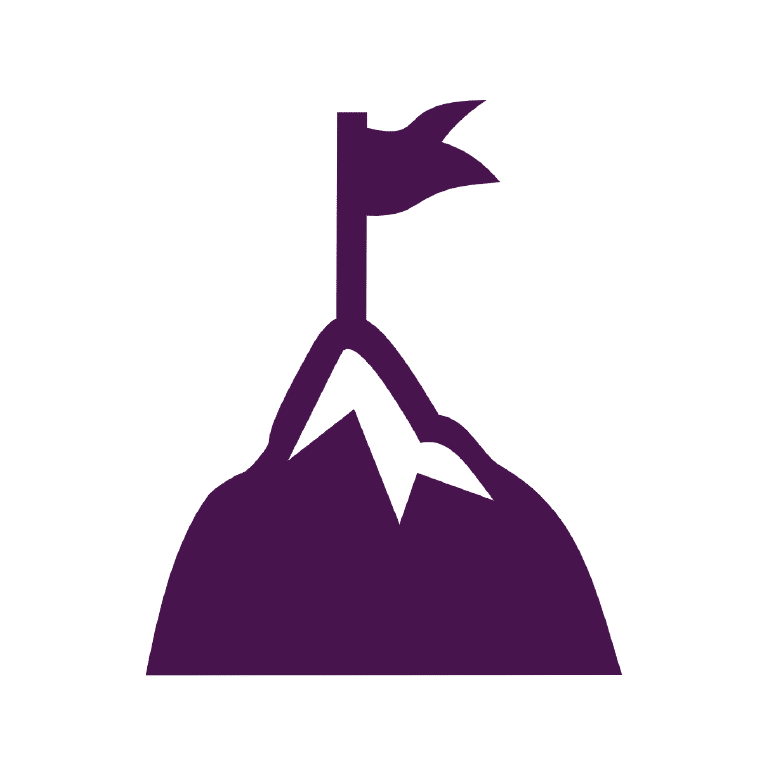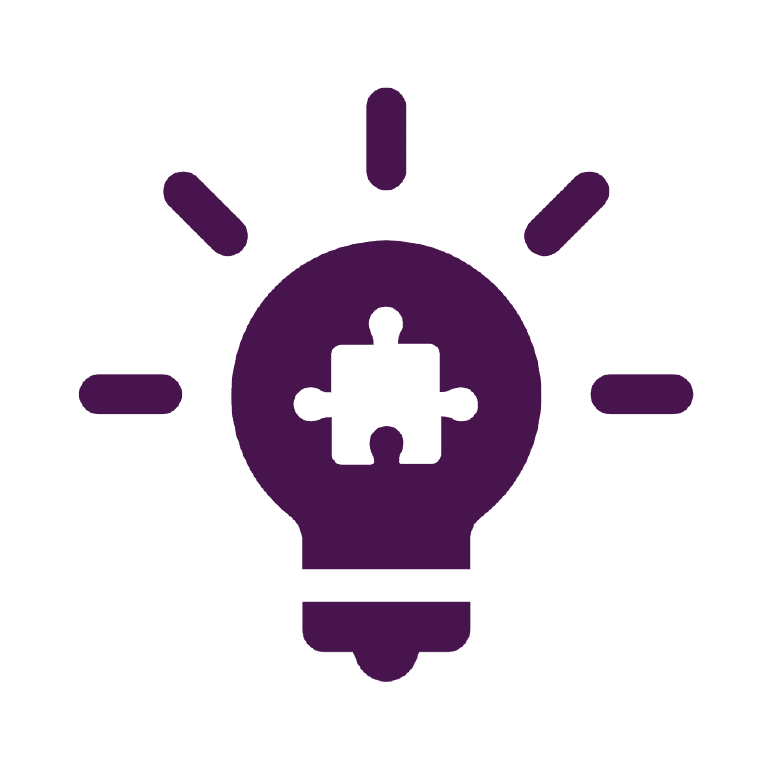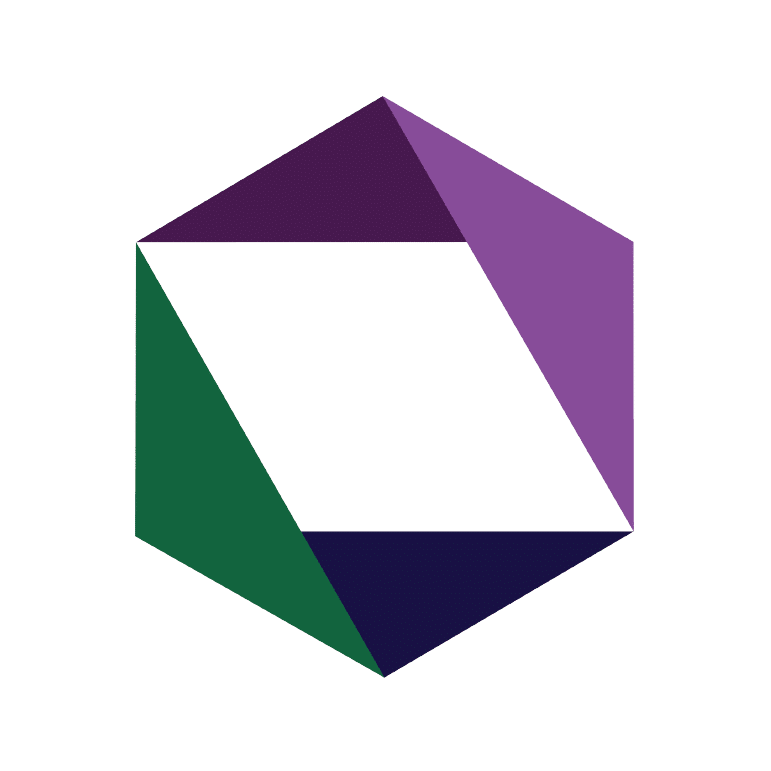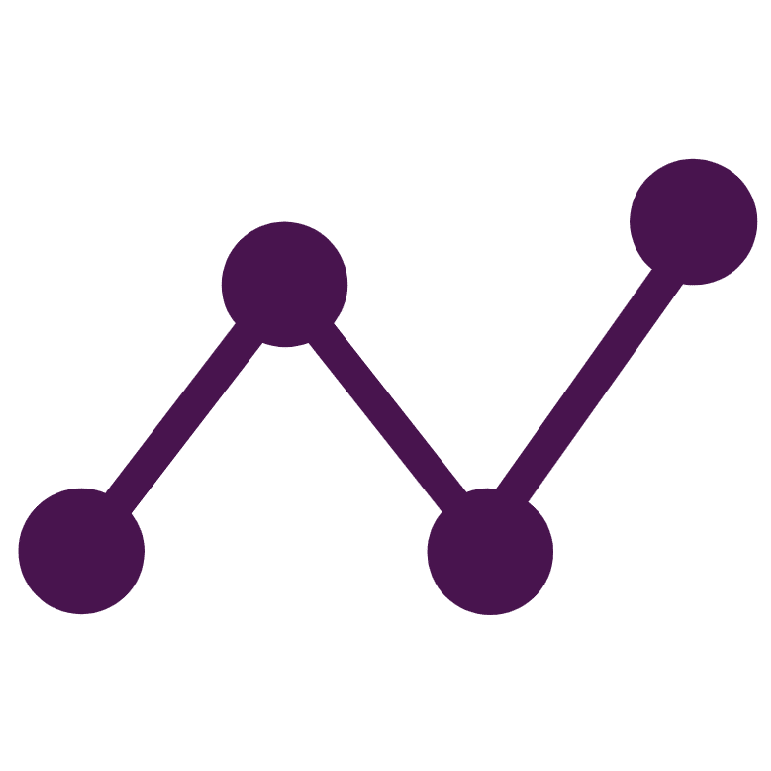
The Challenge
A multinational software company partnered with EK to conduct a four-month enterprise Knowledge Management (KM) Strategy Assessment of its organization to identify and analyze KM practices and technologies currently in place and to provide actionable recommendations on opportunities for improvement, specifically focusing on product teams and their respective needs.
In looking to mature their KM capabilities, this organization desired to ensure that its knowledge resources were easily findable, accessible, timely, clear, accurate, complete, and trusted to support their globally distributed employees as they continue to grow, drive innovation, and deliver seamless digital experiences to their customers. More specifically, this organization brought on EK to conduct an enterprise KM Strategy because it was looking to achieve the following solutions:
- Shape their Future of Work effort and increase accessibility to content across platforms that support remote work. The decentralized nature of the organization enables individual teams to acquire and use different communication and collaboration platforms, and often results in duplicative work and diverging approaches to KM processes across the company.
- Expand the overall understanding of the importance of KM on an enterprise level with an emphasis on integration into product teams.
- Centralize search engines and results and implement KM Strategy to optimize the available technologies. Employees must currently navigate a landscape of fragmented knowledge bases and limited search capabilities across multiple, sometimes overlapping, tools.
- Explore Knowledge Graphs and Artificial Intelligence within the context of KM to drive advanced search features and dynamic search results.
Throughout the engagement, it became clear that this organization’s goal was not just to manage, but to thrive, in the hybrid work environment; EK aimed to align with and support other focused initiatives at the company, improving findability across all of their technologies and ensuring that every employee had the same access to these resources, regardless of their physical location.

The Solution
Over the course of four months, EK facilitated focus groups and interviews with team members from across various business units at the organization to gather a diverse array of perspectives and establish a reference point upon which to analyze their current state and measure future success. The baseline scores for each workstream (People, Process, Content, Culture, Technology) within EK’s proprietary KM Maturity Benchmark were provided to the organization to allow them to gain an understanding of which factors were the most impactful on KM across the organization, as well as strengths they could leverage and areas where they could improve. Through these activities and a review of pertinent systems and documentation, EK identified critical business needs surrounding KM and the challenges that team members faced.
After a thorough analysis of their present capabilities, EK again utilized our KM Maturity Benchmark and collaborated with the company to prioritize three areas of focus:
- Enterprise Search: Implement a universal enterprise search tool to locate and pull content from all integrated systems and repositories across the enterprise, and present action-oriented search results in an intuitive manner to enable employees to find the answer to their query before or at the time of need.
- Content Strategy: Develop an enterprise content strategy to address current and future processes for content management, with the intent of mitigating unstructured content that is duplicative, obsolete, or outdated.
- KM Leadership: Establish an enterprise-wide approach to KM leadership, and formalize responsibilities for securing and procuring KM resources.
These recommendations, among others, were leveraged to create a fully customized, actionable KM Roadmap spanning three years, outlining activities, their estimated duration, and the order in which to approach them to guide the development of current KM practices at the organization.

The EK Difference
In EK’s conversations with the organization’s core team and stakeholders, we observed a keen interest in implementing Artificial Intelligence (AI) within the organization, but no enterprise-level guidance to do so. We dug deeper to understand and learn more about their desires for AI concurrent to our assessment of their organization. To help educate and support the organization in their journey to Enterprise AI, EK held an AI Knowledge Share for approximately 50+ employees. EK also outlined three pilots that could be pursued to achieve more advanced Artificial Intelligence (AI) capabilities, providing staff with powerful tools to find and discover information at the time of need.
A key element of our assessment was the usage of EK’s proprietary KM Maturity Benchmark to analyze the strengths and weaknesses of the five KM workstreams within the organization – People, Process, Content, Culture, and Technology. Each factor in the benchmark is based on proven KM best practices and denotes measurable practices and characteristics within an organization which are then evaluated by our team of impartial experts, reducing bias in defining the current state of KM at the organization and providing them with an industry-relevant, quantifiable measurement of their KM maturity. This analysis allowed EK to provide a practical baseline for context-based recommendations and ensured that we delivered a highly detailed and actionable plan for solving the organization’s KM needs.
EK approached this project with a unique combination of “soft” and “hard” recommendations and techniques, bridging the gap between KM concepts (people, process, content, culture) and practical KM solutions (technology, integrations). By combining employee focus groups and interviews with a quantifiable benchmark, EK was able to address each type of challenge in the organization, from search and content difficulties to a desire for greater KM expertise and leadership.

The Results
Over the course of this engagement, EK provided the organization with the following:
- Current State Assessment and Benchmark that assessed KM practices and tools throughout the organization, providing them with a deeper understanding of their KM maturity level and identifying high-impact areas for improvement;
- Target State Assessment and Benchmark that defined the future state of KM at the company, focusing on the improvements that will yield the greatest impact and business value. The Target State represents a realistic vision for what the organization can achieve upon improvement beyond the current baseline; and
- A fully customized, iterative, task-based KM Roadmap and Recommendations that addressed this organization’s KM needs and gaps to help the organization enhance its overall KM maturity and achieve its strategic objectives. The Roadmap included 14 recommended activities focused on Enterprise Search, Content Strategy, and KM Leadership, as well as provided metrics upon which to measure the organization’s success to help emphasize the business value of knowledge management to stakeholders and leadership.
Leveraging these deliverables will allow this organization to increase employee engagement by supporting cross-functional communication, enabling employees to work more efficiently and share knowledge more effectively. This will also boost productivity and increase rates of collaboration, retention, and satisfaction while cultivating innovation and creativity within the organization by building connection and collaboration among employees. The company will also be able to enhance their client reputation by eliminating discrepancies in product documentation and providing their employees the tools to better support customers, drive company performance by increasing exposure to new ideas across the enterprise, and secure information in shared spaces to prevent unintentional disclosures. Finally, these deliverables will ensure alignment across teams to a single set of goals and expectations for Enterprise AI, grounding the company in a future-oriented mindset.
